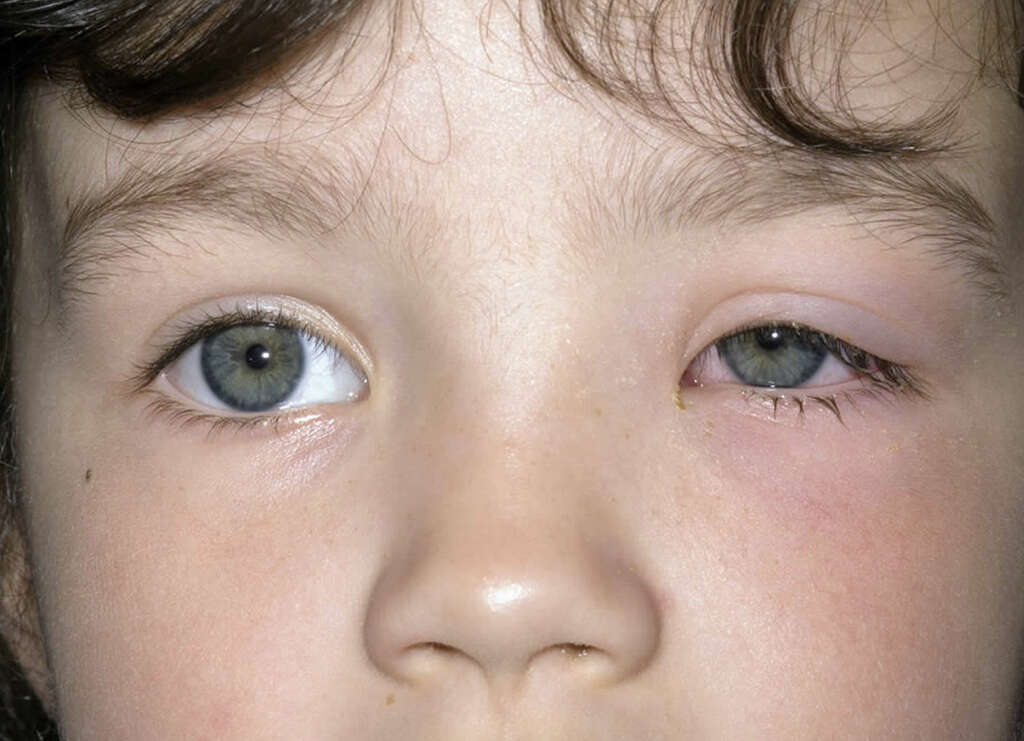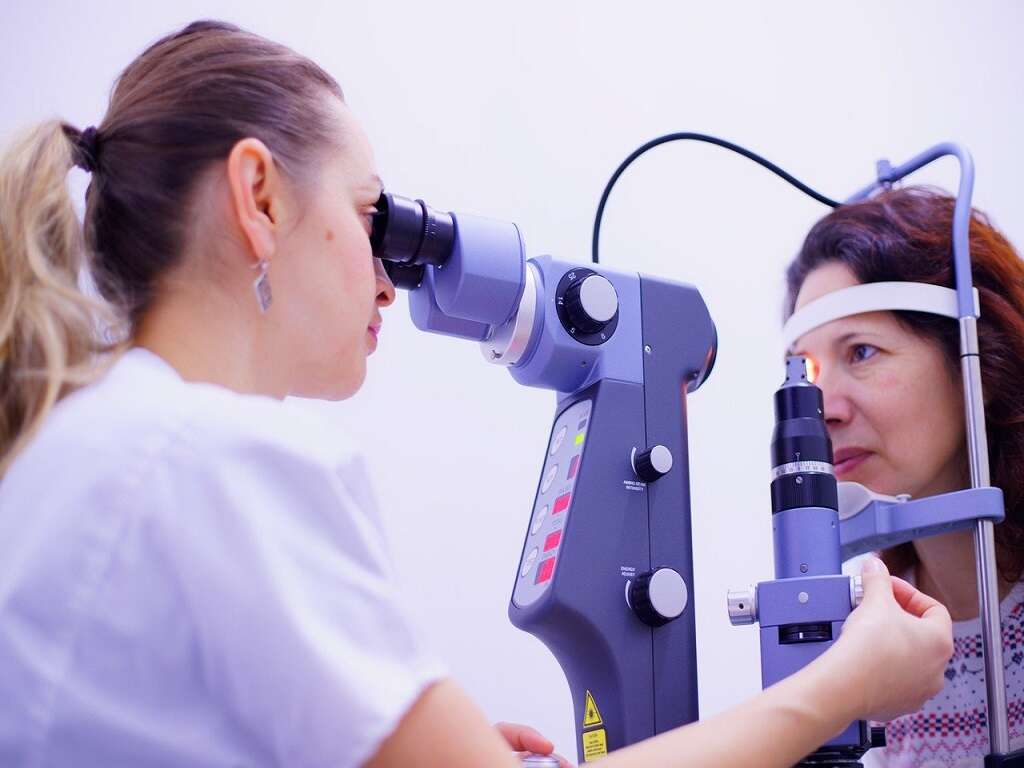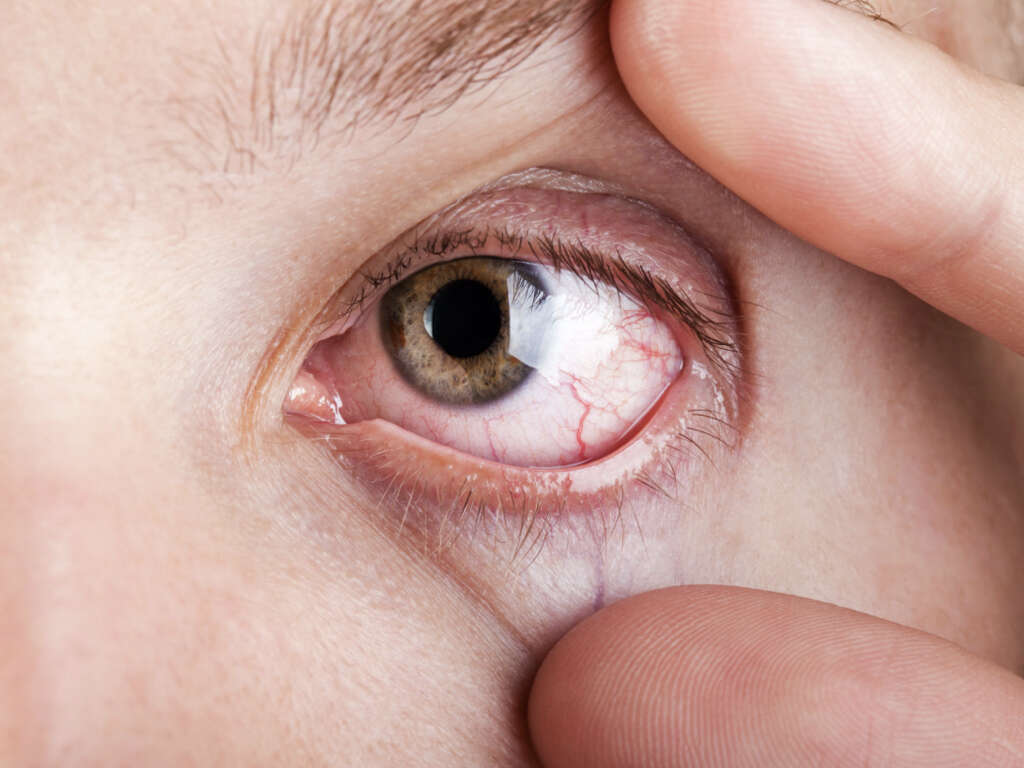10 Common Causes of Double Vision
 Article Sources
Article Sources
- 1. Edsel B Ing, M. (2020, June 11). Ophthalmologic Manifestations of Myasthenia Gravis. Retrieved November 18, 2020, from https://emedicine.medscape.com/article/1216417-overview
- 2. Neeraj N Mathur, M. (2020, May 12). Orbital Fractures. Retrieved November 18, 2020, from https://emedicine.medscape.com/article/867985-overview
- 3. Suhr, C. L., OD, Chubb, L., OD, & Himmelein, L., OD. (2019, August 15). Top Causes of Double Vision. Retrieved November 18, 2020, from https://www.reviewofoptometry.com/article/top-causes-of-double-vision
8. Orbital Infections
As you may already know, the orbit of the eye refers to the cavity in our skull where the eye and all its appendages are located. When a person presents to the emergency department with signs of inflammation in the orbit (i.e. warmth, pain, redness, swelling), the first possible diagnosis a doctor should think of is an infectious process (in the absence of a trauma history). Furthermore, infections of the orbit can be caused by a myriad of pathogens, which include bacteria, fungi, and parasitic agents. In addition, the origin of the infection can be varied: eyelids, face, sinuses, dental abscess, or distant sources.
Since the orbit is a very tight space, any swelling secondary to an inflammatory process can lead to the compression of the structures within the orbit. As a result, it is possible for the muscles that move the eyeball (extraocular muscles) to become compromised and for the patient to develop diplopia or double vision.
Advertisement











